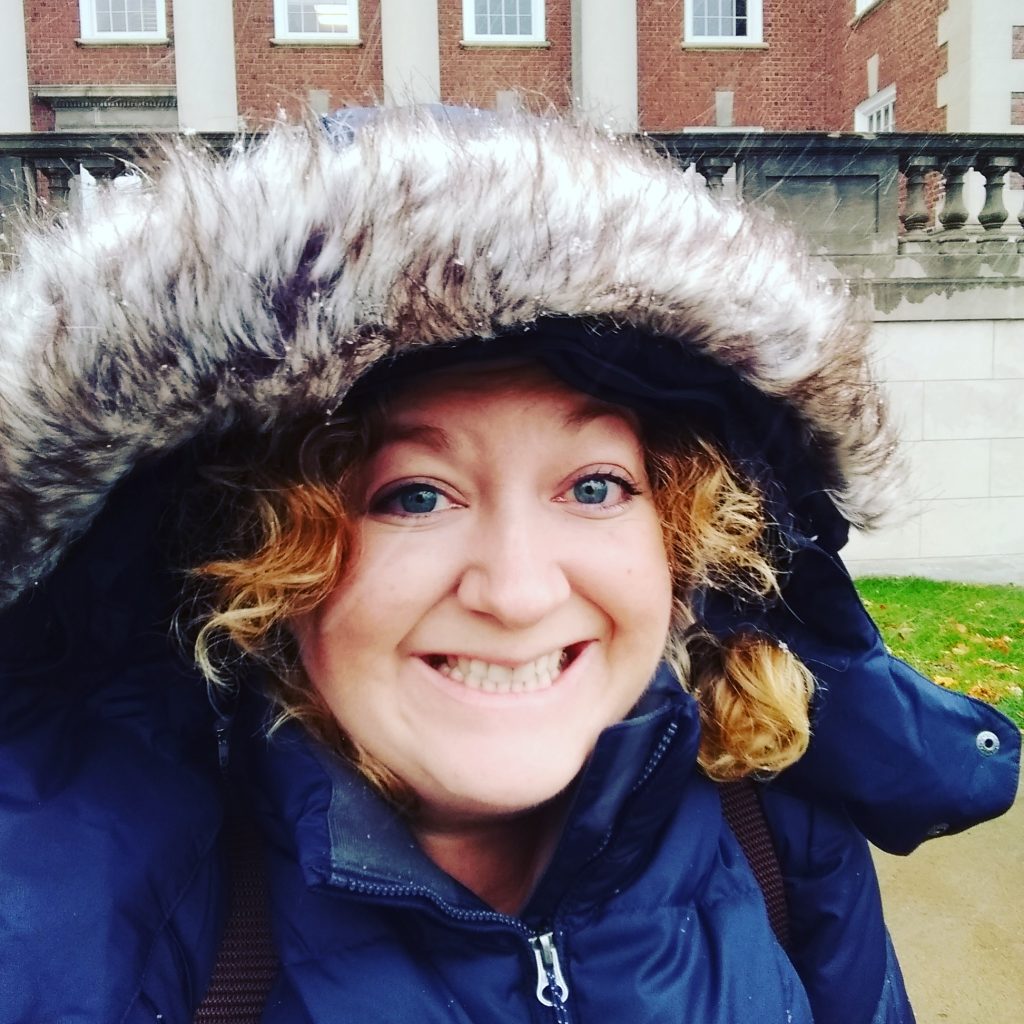Course Overview
Food and Society is an introductory-level sociology course in which we will explore the relationship between people, culture, food, and the environment. Students will first learn how they can adopt a “sociological imagination,” or a sociological lens, through which they can view our global food system. We will then overview the history of our global food system, dissecting the relationships between various methods of agriculture, international trade agreements, and food aid. Then, we will deeply engage with a variety of contemporary food-related topics, including sustainable food systems, healthy eating, food policy, labor in the food system, and food movements.
All students who successfully complete the course will receive a Certificate of Completion and have the opportunity to request a Syracuse University credit or noncredit transcript.
Learning Objectives
Through group activities, engaging discussions, field trips, guest speakers, and short personal essays, students will gain an invaluable skill set to think critically about the role of society in shaping our global food system. By the end of this course, students will be able to:
- Examine the historical significance of society in shaping our global food system
- Identify core components of food production as a social institution
- Compare and contrast social constructions of food from scientific, health, policy, and labor perspectives
- Discuss social movements focused on the production, distribution, and consumption of food
Course Information
Course Prefix and Number: SOC 200
Format: On Campus (at Syracuse University)
Eligibility: Students must be of rising high school sophomore* junior, or senior status – or a 2025 high school graduate.
*Rising sophomores are only eligible for the noncredit version of this course.
Credit: 3 credits or Noncredit
Grading:
- Credit: A-F
- Noncredit: Pass/Fail
Cost:
3 Credit:
- Residential: $4,895
- Commuter: $3,919
Noncredit:
- Residential: $4,295
- Commuter: $3,318
Program rates are subject to change and will be approved by the board of trustees. Discounts and scholarships are also available.
Program Information
Summer College – On Campus: Experience what college is really like: take a college-level course, live in a residence hall, have meals with friends in a dining hall, and participate in activities and events on campus.
Course Dates and Details
| Program | Course Dates | Class Time (Eastern Time) | Credit/Noncredit |
|---|---|---|---|
| Summer College – On Campus | 2-Week Session I: Sunday, July 6 – Friday, July 18, 2025 | MTWThF; 9 a.m.-1 p.m. | 3 credits |
To see if this course is ‘open,’ refer to the full course catalog.
Course Requirements
Course Materials
- Laptop
Textbook Requirement
- TBD
Please know that any supply purchases are not included in the overall tuition fee. Students will need to budget for additional course supplies, textbooks, supply kits, etc.
*If you are a sponsored student, you will not need to pay for your textbook but you do need to pick it up at The Campus Store.*
Typical Day
Tentative Schedule
Students are required to attend class Monday – Friday from 9 a.m. – 1 p.m. A typical day is as follows:
9 -10 a.m.: Lecture 1
10 – 10:40 a.m.: Guest speaker, group exercise, class activity, or discussion
10:40 – 11 a.m.: Break
11 a.m. – Noon: Lecture 2
Noon – 12:40 p.m.: Guest speaker, group exercise, class activity, or discussion
12:40 – 1 p.m.: Review assignments and quizzes
When class is over, and on weekends, students can look forward to various Summer College – On Campus activities to meet and connect with other students! Check out our On Campus Experience page for more information!
Guest Speakers
Guest speakers may include local experts on specific social problems, such as climate change or poverty. Guest speakers will be invited to attend class and will speak for no longer than an hour with built-in time for student Q&A and discussion.
Faculty Bios
Kelsey Wilber

Kelsey Wilber is a PhD Candidate in the Sociology department at Syracuse University. Kelsey’s research interests include inequality, poverty management, and gender. Her dissertation investigates the perceptions of land-use laws and engagement in civil protests. Previous projects included examinations of the refugee ‘responsibilization’ process case managers undertake and a two-year survey of petroglyph rock art in Idaho. Kelsey brings her enthusiasm of sociology to all of her classrooms and is especially excited to guide students through a critical understanding of food and society.
